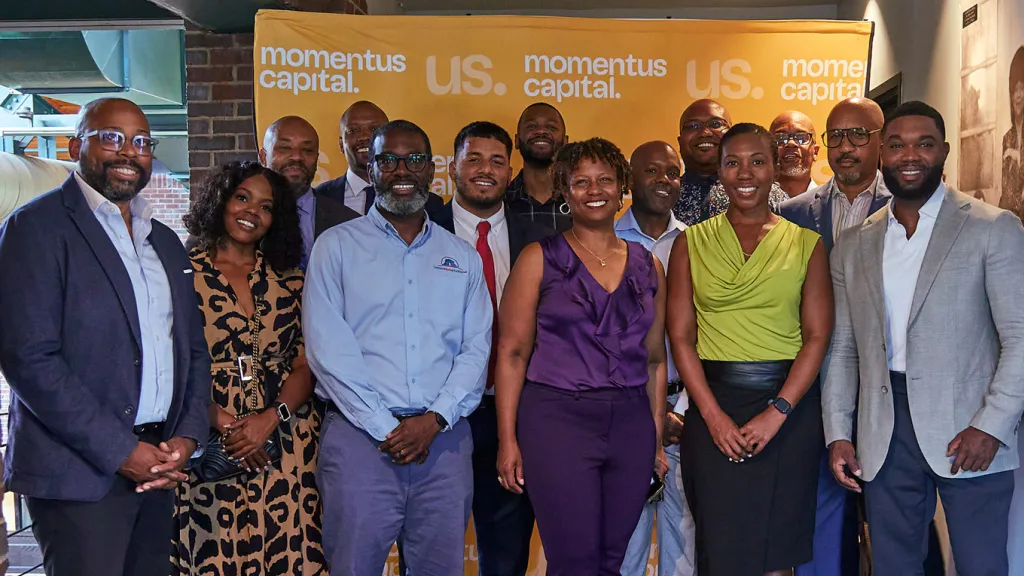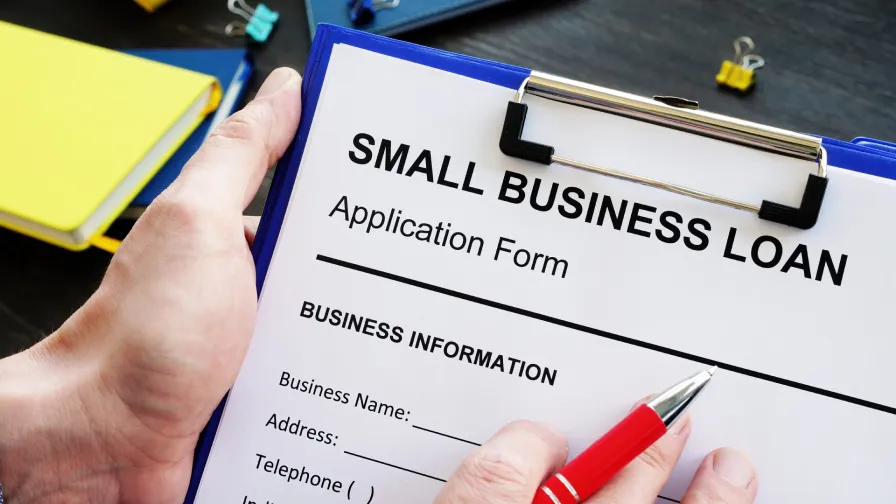Although a bank is often the first option when looking for business capital, there is good news: There are alternative sources for these types of loans. Nonprofit lenders offer more flexibility and personal service to help you secure a low-cost loan to support your growth and success. This is especially important to remember if you’ve ever been declined for a loan by a traditional bank.
If you’ve been through this situation, follow these Top 5 ways to improve your chances at getting financing for your business moving forward:
Is your cash flow sufficient?
Banks will decline a small business owner for a loan if cash flow is weak. Cash flow is important because it shows you’re able to make your loan payments. Sufficient cash flow includes being able to meet day-to-day operating costs such as overhead and employee payroll, along with business and living expenses.
Even profitable businesses can have poor cash flow so it is important to monitor and manage your financials that will result in sufficient cash flow as seen by a lender. By keeping accurate financial and cash-flow records, you can provide the lender your cash-flow history and projections to aid them in their approval process.
Not sure how to track cash flow? CDC Small Business Finance’s business advisors help prospective and current borrowers learn how to put an easy system in place. You can also look to organizations such as SCORE and SBDCs for free to very low-cost guidance.
Monitor and improve your credit score
Did you know the No. 1 reason business owners get declined for a business loan by banks is due to personal credit? Many don’t know or overestimate their credit score. Take the time to get a free annual credit report from one of these trusted resources: Experian, Transunion or Equifax.
When working with a nonprofit lender, you will need a minimum credit score of about 620. For a bank loan, you will generally need a credit score of at least 680. When starting to think about ways to improve your credit score, consider these factors that make up a FICO credit score (the score lenders look at): Your history of paying bills on time, amount owed on credit cards, how long you have had credit and type of credit you use.
No established credit yet? Unestablished credit isn’t the same as poor credit but it does represent an unknown to a lender regarding how you would handle payments on a loan. If you are looking to start a business and don’t have credit, the first step is to start showing you are responsible with payment history of credit cards, phone contracts and other types of credit.
If you’re a potential borrower at CDC Small Business Finance, our business advisors may review your credit at no charge and work with you to identify ways to improve it in order to boost your chances of a loan approval. We often help businesses with lower credit scores obtain financing.
Can I get a loan without collateral?
Depending on the loan product, you may not need collateral at all. A nonprofit lender often has the flexibility to assess other criteria such as a high credit score to be able to offer you a loan without collateral. Collateral assures a lender that you have assets such as property, equipment and material goods that you can offer in the event you are not able to repay a loan. You can work with your loan officer to identify best collateral to provide when collateral is a requirement.
Do you have two years of experience in your industry?
Lack of business and industry experience can also play a part in a bank declining you for a business loan. Generally, you’ll want at least two years of experience in the industry in which you are seeking capital. This way, the lender is able to see how your expertise will lead to profitability and success.
What helps lenders fully understand why they should invest in you can include your resumé, business plan, tax returns and financial history and projections. Need help preparing a business plan or interim financials? Small business advisers, like those at CDC Small Business Finance, work with applicants to teach the importance of these documents along with best practices for bookkeeping, accounting and internal fiscal controls that reflect the financial health and attractiveness of your business.
Can I get a loan as a startup or new business?
While traditional bank lenders generally decline new businesses, getting funding for an early-stage business is possible. The personal service you get from a nonprofit lender will increase your chance of getting financing. A nonprofit lender has more flexibility to assess your business and determine if there is a loan product that you can sustain and will also support your long-term growth and success.
Since a new business has no financial history to help the lender gauge your ability to make loan payments, sometimes a secondary source of income, an inheritance, a family gift or even revenue from a recently sold business, may increase your likelihood to qualify for a startup small business loan.
Hear ‘Yes, You’re Approved!’
Getting the money you need to get ahead in your business is important for your future. As each business is unique, it is important to understand what attracts a lender to approve you for a loan and to also be familiar with the option of working with a nonprofit lender like CDC Small Business Finance. By working with a more flexible lender and making changes needed to be loan ready, you won’t be asking how can I get a loan—you’ll be hearing, ‘Yes, You’re Approved!’
Don’t let a bank-loan decline deter you from seeking financing. Learn more by talking to a small business loan expert at CDC Small Business Finance. Call us at 800-611-5170 or meet our loan experts throughout California and Arizona here.





